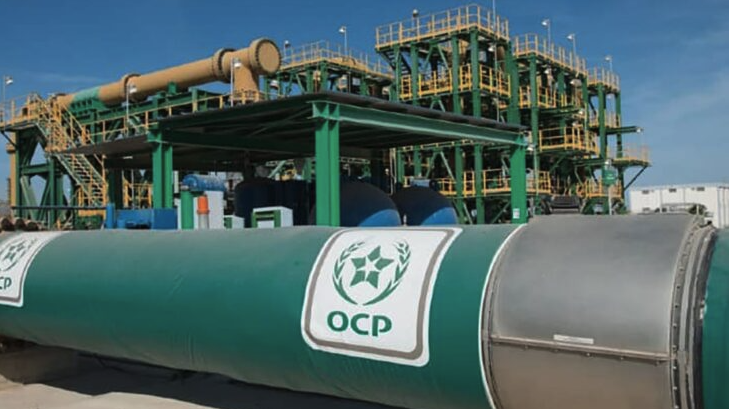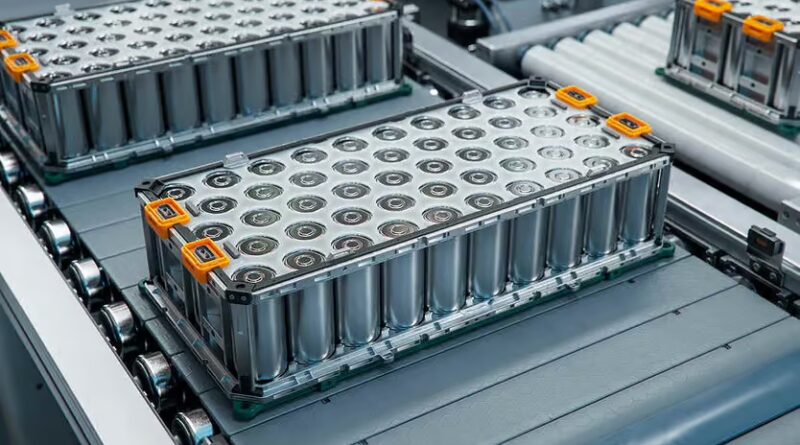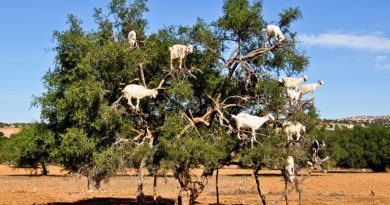Will Morocco Become A Rising Power in the Global EV Revolution?
Morocco is quietly positioning itself as a key player in the global electric vehicle (EV) revolution. With its vast reserves of phosphate rock—a critical resource for both agriculture and battery production—Morocco is leveraging its natural wealth, strategic location, and forward-thinking policies to possibly emerge as a hub for EV battery manufacturing and green technology. So will Morocco become a rising power in the global EV revolution?
Phosphate: The Backbone of Morocco’s Ambitions
Morocco is home to approximately 70% of the world’s known phosphate rock reserves, totaling over 50 billion tonnes. This resource has long been the cornerstone of the country’s economy, contributing over 10% of its GDP and accounting for 90% of its mining sector. Phosphate is a vital ingredient in fertilizers, which are essential for global food security. However, its role in the EV revolution may prove to be equally essential.
Phosphate rock is a key component in producing lithium iron phosphate (LFP) batteries, a popular choice for EVs due to their safety, longevity, and cost-effectiveness. As the global demand for LFP and lithium manganese iron phosphate (LFMP) cathode chemistries surges, Morocco’s phosphate reserves position it as a critical supplier in the battery materials supply chain.
The state-owned Phosphates company OCP, a global leader in phosphate production, has already invested $10 billion in fertilizer production and is now eyeing the battery materials market. With the automotive sector expected to account for 24% of purified phosphoric acid (PPA) demand by 2030—up from just 5% today—Morocco’s phosphate industry is poised to play a dual role in sustaining global agriculture and powering the EV revolution.

Strategic Investments and Infrastructure
Morocco’s ambitions extend beyond raw material extraction. The country is actively investing in downstream processing and manufacturing capabilities to capture more value from its mineral wealth. In March 2024, Morocco launched the Jorf Industrial Accelerator Zone, a 283-hectare industrial park dedicated to EV battery production. Located 100 kilometers south of Casablanca, the zone has attracted $2.3 billion in initial investments from companies like China’s CNGR and Morocco’s Al Mada, creating 4,000 jobs in the process.
The country’s strategic location further enhances its appeal. The Tanger Med Port, Africa’s largest and the world’s fourth-most efficient port, provides seamless access to European and American markets. Morocco’s free trade agreements with the EU and the US also make it an attractive destination for EV-related investments, as materials produced in Morocco are eligible for US Inflation Reduction Act (IRA) tax credits.
Challenges and Opportunities
Despite its advantages, Morocco faces significant challenges in realizing its EV ambitions. Environmental concerns, water scarcity, and infrastructure gaps are persistent issues. Phosphate mining, while economically vital, has been criticized for its environmental impact, including deforestation and water pollution. The Moroccan government has taken steps to address these concerns through sustainable mining practices and stricter regulations, but balancing economic growth with environmental stewardship remains a delicate task.
Another challenge is the growing influence of Chinese companies in Morocco’s critical minerals sector. Firms like BTR, CNGR, and Gotion have pledged over $700 million in battery materials plants, potentially boosting Morocco’s cathode production capacity to 150,000 tonnes annually—a quarter of Europe’s projected capacity by 2030. However, this reliance on Chinese investment could complicate Morocco’s access to the US market under the Biden Administration’s proposed Foreign Entity of Concern (FEOC) guidelines.
A Vision for the Future
Morocco’s government is determined to overcome these hurdles. The country’s Mining Plan 2021-2030 outlines a comprehensive strategy to modernize the sector, improve transparency, and attract foreign investment. Initiatives like tax incentives in Special Economic Zones and investments in renewable energy—particularly solar power with the largest concentrated solar power plant—are designed to create a favorable business environment.
Morocco’s automotive sector, which already accounts for 5% of its GDP, is another pillar of its EV strategy. Major automakers like Renault-Nissan and Stellantis have announced plans to expand EV production in the country, aligning with Morocco’s goal of producing 100,000 electric vehicles annually by 2025.


